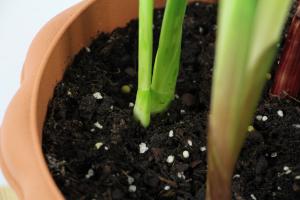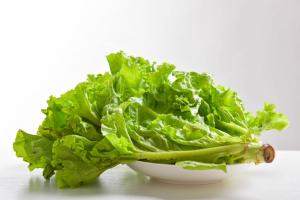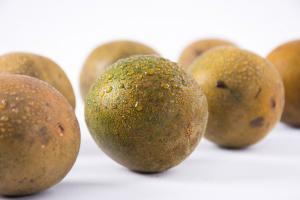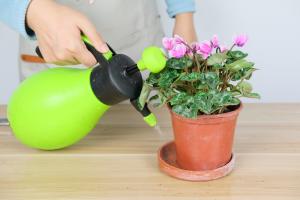Do You Need to Fertilize Potted Plants?
When it comes to taking care of potted plants, one of the most important things you can do is make sure they're getting enough nutrients. Fertilizing your plants can be a key part of keeping them healthy and thriving, but is it always necessary? In this article, we'll explore whether or not you need to fertilize potted plants and how to determine what type of fertilizer to use.
Why Fertilize Potted Plants?
The short answer is that potted plants need nutrients just like any other plant. When you grow a plant in a pot, its roots are confined to a small space and can't reach out into the soil to find the nutrients it needs to grow. That means it's up to you to provide those nutrients in the form of fertilizer.
Without enough nutrients, a potted plant may become weak and stunted, and it may not produce as many flowers, fruits, or vegetables as it would otherwise. Over time, a lack of nutrients can even lead to the death of the plant.
When to Fertilize Potted Plants
So, when should you fertilize your potted plants? The answer depends on the type of plant you're growing and the type of fertilizer you're using. In general, most plants benefit from regular fertilization throughout the growing season.
For most types of plants, it's best to start fertilizing early in the spring when the plant is beginning to grow again. You can continue fertilizing every four to six weeks throughout the growing season, but be careful not to over-fertilize, as this can cause problems like burned roots.
How to Choose the Right Fertilizer
When it comes to choosing the right fertilizer for your potted plants, there are a few things to keep in mind. First, make sure you're using a fertilizer that's appropriate for the specific type of plant you're growing. Different plants have different nutrient requirements, so it's important to choose a fertilizer that meets those needs.
Second, consider the type of fertilizer you're using. There are many different types of fertilizers available, including slow-release, liquid, and granular. Each type has its own advantages and disadvantages, so choose the one that best fits your needs and your plant's needs.
Finally, pay attention to the nutrient ratios listed on the fertilizer's packaging. Look for a balanced fertilizer that contains equal amounts of nitrogen, phosphorus, and potassium. This will ensure that your plant is getting all of the nutrients it needs to thrive.
Conclusion
Fertilizing potted plants is an important part of maintaining their health and vitality. By providing your plants with the nutrients they need, you can ensure that they grow strong and produce beautiful flowers or delicious fruits and vegetables. Just be sure to choose the right fertilizer for your plant and to fertilize at the appropriate times, and your potted plants will reward you with their beauty and bounty for years to come.

 how many times do yo...
how many times do yo... how many planted tre...
how many planted tre... how many pine trees ...
how many pine trees ... how many pecan trees...
how many pecan trees... how many plants comp...
how many plants comp... how many plants can ...
how many plants can ... how many plants and ...
how many plants and ... how many pepper plan...
how many pepper plan...































